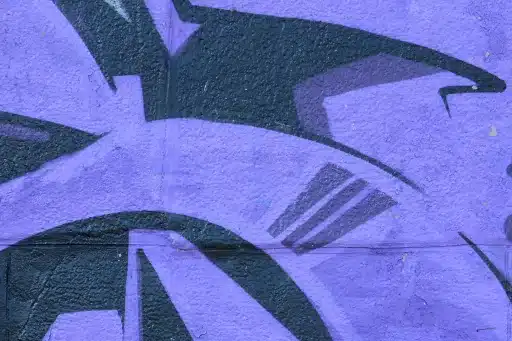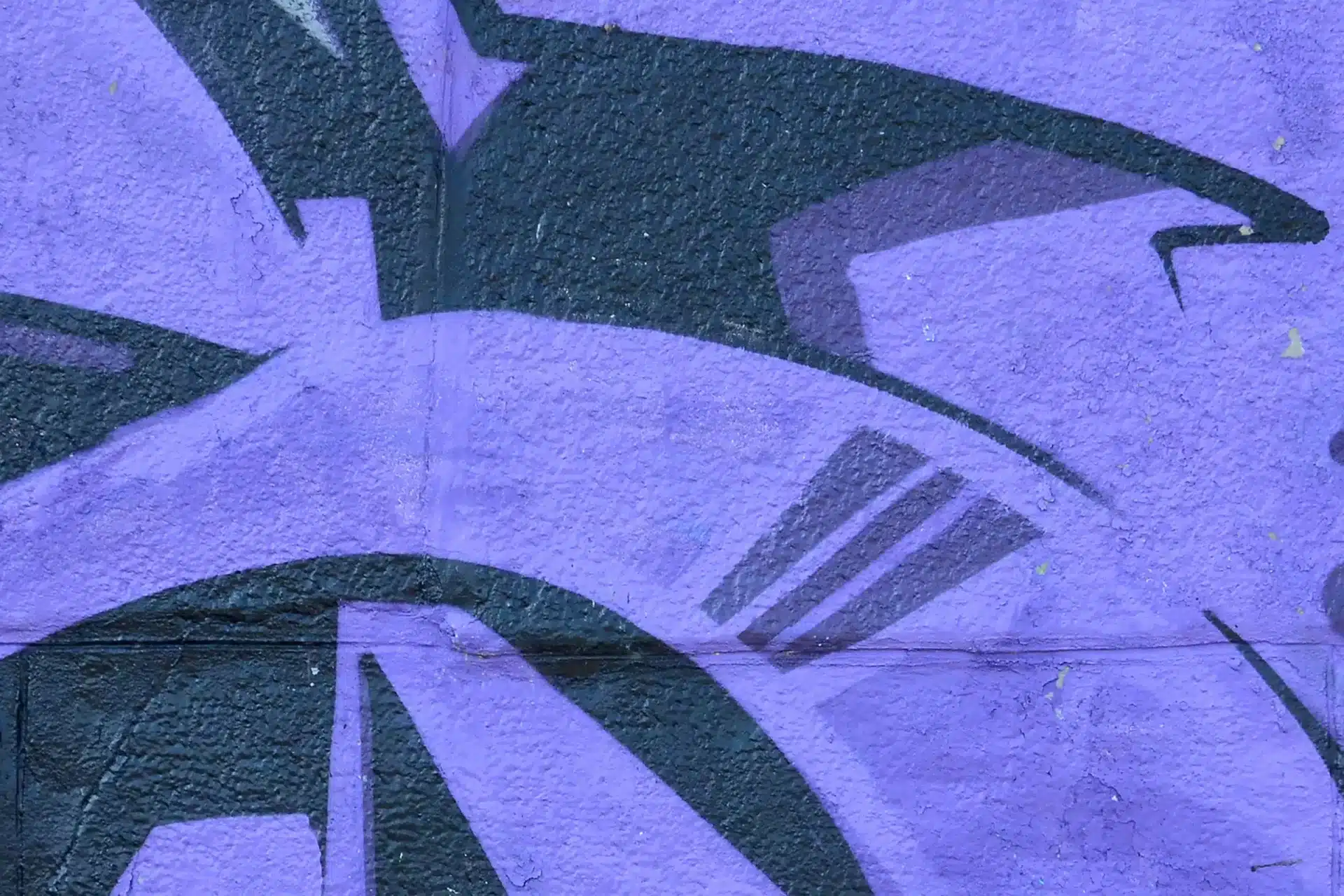What Does Rumble Mean in Slang?
The slang term “rumble” has evolved over the years, deriving from various contexts and taking on multiple meanings. Traditionally associated with street fights, particularly among youths or gangs, the term has broadened to represent conflict or heated exchanges in various settings, such as social media or verbal disputes. In modern slang, to “rumble” can also refer to the act of confrontation in a humorous or playful context.
Historical Context of Rumble
The term “rumble” was originally used in the early 20th century to describe a street fight or brawl, particularly among rival youth groups. It became popularly associated with the infamous West Side Story, showcasing gang rivalries through dance and music, where the term was frequently mentioned to indicate an upcoming fight.
Modern Usage of Rumble
Today, the use of “rumble” has shifted beyond its initial meaning. Young people now use it in various informal contexts. Here are a few modern interpretations:
- Physical Confrontation: In its traditional sense, ‘to rumble’ still refers to fighting, but it can be more light-hearted among friends or in sports contexts.
- Verbal Disputes: Rumble can describe a heated debate or argument, especially online where discussions can escalate quickly.
- Any Form of Conflict: The term can denote any competitive or conflictual situation, including debates, discussions, or social media spats.
Culture and Media Influence
The portrayal of “rumble” in media has contributed significantly to its slang evolution. Films, music, and online platforms have embraced the term, thereby expanding its reach. For instance:
- Movies: Beyond West Side Story, films like “The Outsiders” and several action-packed dramas feature rumbling scenes that have cemented this term in the cultural zeitgeist.
- Music: Artists often reference the term in lyrics reflecting confrontation or rivalry, particularly in genres like hip-hop.
- Social Media: Platforms like Twitter and TikTok have seen the rise of trends where users employ the term “rumble” to describe arguments over various issues—from politics to pop culture.
Case Studies: Rumble in Pop Culture
To showcase the diversity of the term, here are two case studies illustrating its use in popular culture:
1. Rap Battles
In the context of rap battles, where artists go head-to-head with verses, the term “rumble” symbolizes the fierce competition and verbal confrontations that occur on stage. These events often highlight the skill and wit of the performers and are characterized by intense rivalries. For example, the Youtube series “Epic Rap Battles of History” uses the concept of a “rumble” as artists fight for supremacy through lyrical prowess.
2. Online Gaming
Within online gaming communities, the term has been adopted to describe heated encounters during game matches. For example, in competitive games such as League of Legends, the phrase “Let’s rumble” may be used to initiate a challenging match or confrontation, encouraging players to engage in a high-stakes situation.
Statistical Insights
With modern slang spreading through social networks, understanding the popularity of terms like “rumble” is vital. Recent statistics indicate that slang usage has risen significantly among youth:
- According to a survey by Pew Research, 88% of teens regularly use slang in their conversations.
- In a study conducted by the linguistic research group, 60% of participants rated “rumble” as a preferred term over more traditional expressions for conflict.
- Social Media Analytics tools have shown a 35% increase in the hashtag #rumble across platforms over the past year, indicating a growing trend in its usage.
Conclusion
The slang term “rumble” has transcended its original meaning of a street fight to represent various forms of conflict and confrontation in modern culture. As language evolves, the influence of social media, films, and music continues to shape slang usage in exciting ways. Understanding terms like “rumble” not only enhances our vocabulary but also provides insight into the dynamics of contemporary communication.






